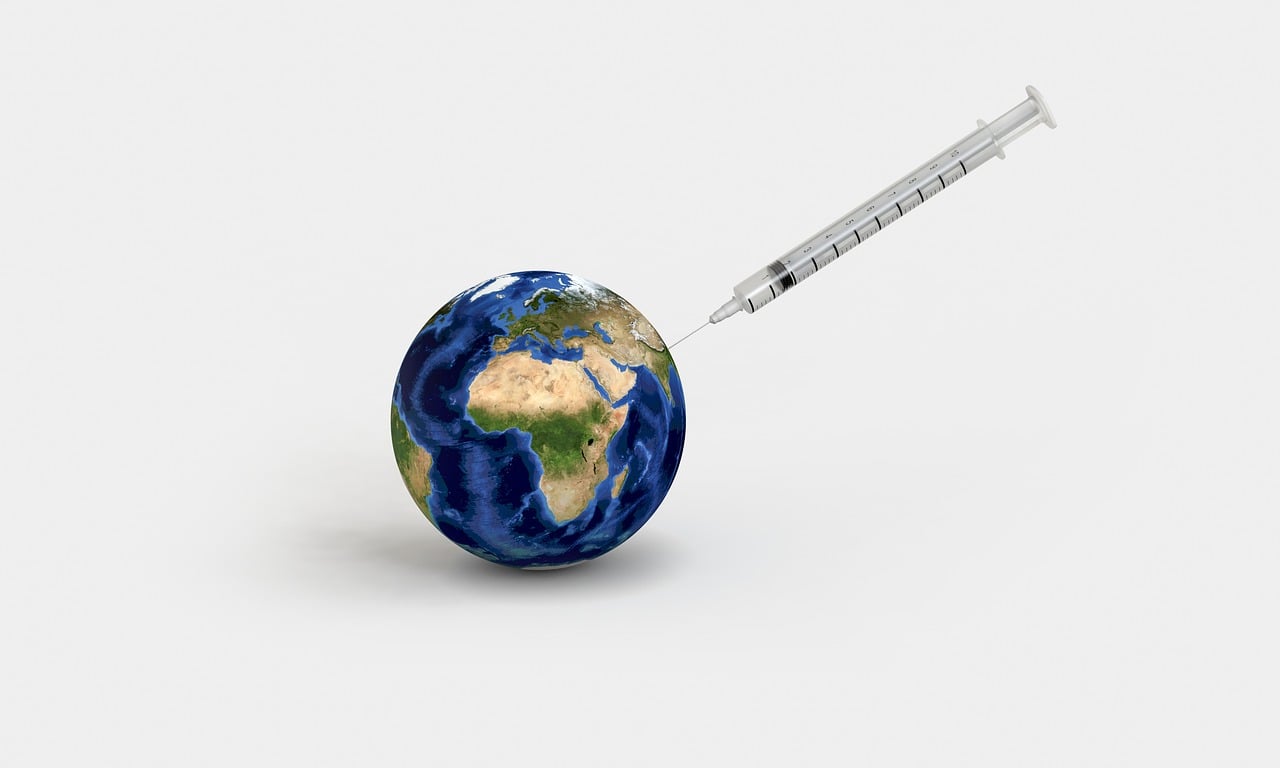Title: The Impact of Artificial Intelligence on the Healthcare Industry
Artificial Intelligence (AI) has been revolutionizing various industries, and healthcare is no exception. In recent years, AI technologies have significantly impacted the healthcare sector, leading to improved patient care, enhanced diagnostic accuracy, and streamlined operations. Let's delve into how AI is transforming healthcare.
One of the most significant contributions of AI in healthcare is its ability to enhance diagnostic capabilities. AI algorithms can analyze vast amounts of medical data, including patient records, lab results, and imaging scans, to assist healthcare professionals in diagnosing diseases more accurately and efficiently. For example, AIpowered image recognition systems can identify anomalies in medical images such as Xrays, MRIs, and CT scans, aiding radiologists in detecting conditions like tumors, fractures, and abnormalities.
AI is also driving the adoption of precision medicine, which involves tailoring medical treatment to individual characteristics of each patient. By analyzing large datasets, AI algorithms can identify patterns and correlations in patient data, allowing healthcare providers to personalize treatment plans based on genetic makeup, lifestyle factors, and environmental influences. This approach not only improves treatment outcomes but also reduces the risk of adverse reactions to medication.
Another area where AI is making a significant impact is in remote patient monitoring. With the rise of wearable devices and IoT (Internet of Things) sensors, AI algorithms can continuously monitor patients' vital signs and health metrics in realtime. This enables healthcare providers to remotely track patients' health status, detect early warning signs of deterioration, and intervene promptly if necessary. Remote monitoring is especially valuable for managing chronic conditions such as diabetes, hypertension, and heart disease, allowing patients to receive proactive care while minimizing hospital visits.
AI is revolutionizing the process of drug discovery and development, traditionally a timeconsuming and costly endeavor. AI algorithms can analyze vast datasets related to molecular structures, biological pathways, and clinical trial results to identify potential drug candidates more efficiently. Additionally, AIpowered predictive modeling can simulate the effects of new drugs on the human body, accelerating the drug development process and reducing the likelihood of failures in clinical trials.
AI technologies are also improving the operational efficiency of healthcare institutions. From optimizing staff schedules to automating administrative tasks, AIdriven systems can streamline workflows and reduce administrative burdens on healthcare professionals. Natural Language Processing (NLP) algorithms, for instance, can analyze and extract information from unstructured medical records, enabling faster documentation and coding.
While the benefits of AI in healthcare are undeniable, there are also ethical and regulatory considerations that need to be addressed. Privacy concerns regarding patient data security, the potential for algorithmic biases, and the need for robust regulatory frameworks are among the key challenges facing the widespread adoption of AI in healthcare.

In conclusion, AI is revolutionizing the healthcare industry by enhancing diagnostic capabilities, enabling precision medicine, facilitating remote patient monitoring, accelerating drug discovery, and improving operational efficiency. However, to fully realize the potential of AI in healthcare, it is essential to address ethical, regulatory, and privacy concerns while ensuring that these technologies are accessible and equitable for all patients.












评论